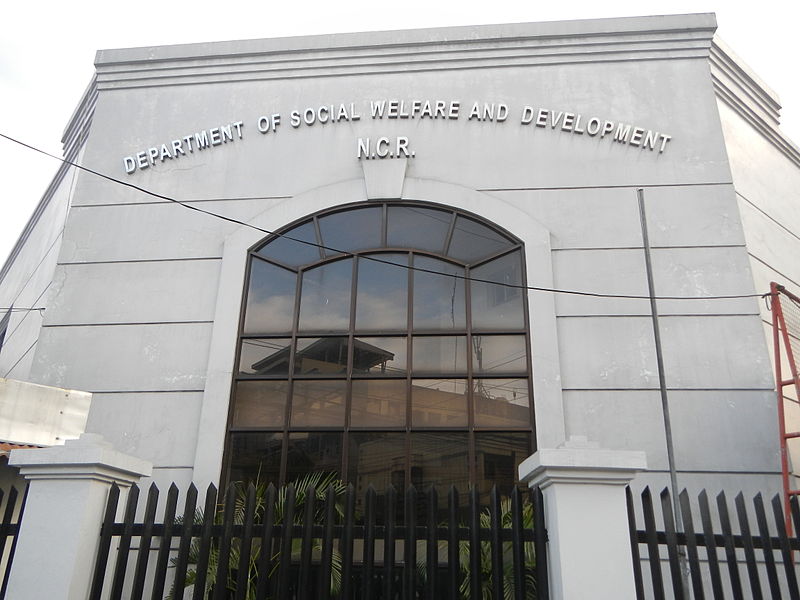News
DSWD drafting intervention programs for child marriage victims

MANILA – Victims of arranged child marriages and their children will be included in the intervention programs under Republic Act 11596 or An Act Prohibiting the Practice of Child Marriage, the Department of Social Welfare and Development (DSWD) said on Friday.
As the lead agency mandated to draft the implementing rules and regulations (IRR), the DSWD said it would make sure child marriage victims would receive the necessary protection.
“(The) DSWD will focus on creating appropriate programs that will address the prevalence of child marriage and interventions for the victims of arranged child marriages and their children if any,” the department said in a statement.
The DSWD said the law, signed on Dec. 10, 2021, is another leap in ensuring that all children are accorded the protection and development that they need by the state.
Regardless of practices, traditions, and culture, the department stated that the best interest of the child is the prime consideration.
It also agreed that those who will be involved in the facilitation of child marriages should be appropriately punished.
Child marriage refers to any marriage entered into where one or both parties are children and solemnized in civil or church proceedings, or any recognized traditional, cultural, or customary manner.
It shall include an informal union or cohabitation outside of wedlock between an adult and a child, or between children.
The consolidated measure imposes penalties on the facilitation and solemnization of child marriage, and the cohabitation of an adult with a child outside wedlock.
Violators face jail time of up to 10 years and fines of up to PHP50,000.
The United Nations Children’s Fund (Unicef), which has lauded the Philippines’ passage of the law, said the law underscores the commitment of the government as a state party to fully implement the UN Convention on the Rights of the Child.
Unicef Philippines representative Oyunsaikhan Dendevnorov said child marriage is a human rights violation that can result in a lifetime of suffering, both for young girls and their children.
“Girls who marry before turning 18 are less likely to remain in school and more likely to experience domestic violence and abuse,” Dendevnorov said in a previous statement.
Within 60 days upon its passage, the DSWD, in coordination with the Department of Health, Department of Education, Council for the Welfare of Children, National Commission on Muslim Filipinos, National Commission on Indigenous Peoples, and representatives of civil society organizations representing the different sectors, must draft the IRR.
Other stakeholders must also be consulted in the drafting process of the IRR, the DSWD said.





















